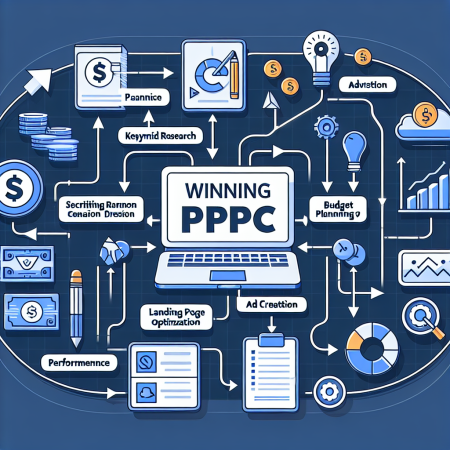How to Create a Winning PPC Advertising Strategy
Understanding Your Target Audience
Understanding your target audience is essential when creating a winning PPC advertising strategy. By knowing who your potential customers are, you can tailor your ads to resonate with their needs, preferences, and pain points. Start by conducting market research to gather valuable insights about your target demographic. Utilize tools like Google Analytics or Facebook Audience Insights to identify key demographics, interests, and online behaviors.
Once you have a clear understanding of your target audience, create buyer personas to represent different segments of your target market. This will help you customize your ad messaging and targeting options to appeal to specific customer preferences. By aligning your PPC ads with the needs and interests of your target audience, you can increase the effectiveness of your campaigns and drive better results.
Keyword Research and Selection
One of the pillars of a successful PPC advertising strategy is thorough keyword research and selection. Start by brainstorming a list of relevant keywords that are related to your products or services. Use keyword research tools like Google Keyword Planner or SEMrush to identify high-value keywords with good search volumes and low competition.
Focus on long-tail keywords that are specific to your offerings and have a higher chance of driving conversions. Organize your keywords into targeted ad groups based on thematic relevance to improve the quality and relevance of your ads. Regularly monitor and refine your keyword strategy to ensure that you are targeting the most effective keywords for your PPC campaigns.
Compelling Ad Copy and Design
The ad copy and design of your PPC ads play a crucial role in capturing the attention of your target audience and encouraging them to click. Craft compelling ad copy that conveys your unique selling points, emphasizes benefits, and includes a strong call-to-action. Use power words, numbers, and emotional triggers to make your ad copy more persuasive.
When it comes to ad design, focus on creating visually appealing ads that stand out on the search results page or social media feeds. Incorporate eye-catching images, relevant branding elements, and clear messaging to grab the viewer’s attention. A/B test different ad variations to identify the most effective combinations of copy and design for your target audience.
Optimizing Landing Pages
Optimizing your landing pages is crucial for maximizing the conversion rate of your PPC campaigns. Ensure that your landing pages are aligned with the messaging and offer presented in your ads to provide a consistent user experience. Keep your landing pages simple, clutter-free, and easy to navigate to minimize bounce rates.
Include a clear call-to-action on your landing pages that guides visitors towards the desired action, whether it’s making a purchase, signing up for a newsletter, or requesting more information. Test different landing page elements such as headlines, images, forms, and button colors to identify the best-performing variations that drive conversions.
Monitoring and Optimizing Performance
Monitoring the performance of your PPC campaigns is essential for identifying areas of improvement and maximizing ROI. Keep track of key metrics such as click-through rate, conversion rate, cost per acquisition, and return on ad spend to evaluate the effectiveness of your campaigns. Use analytics tools like Google Analytics or the native advertising platform analytics to gain insights into campaign performance.
Continuously optimize your PPC campaigns based on real-time data and performance trends. Make data-driven decisions to adjust bidding strategies, ad targeting, keywords, and ad creatives to improve campaign performance. Regularly A/B test different elements of your ads and landing pages to optimize for higher conversion rates and better overall campaign performance.

